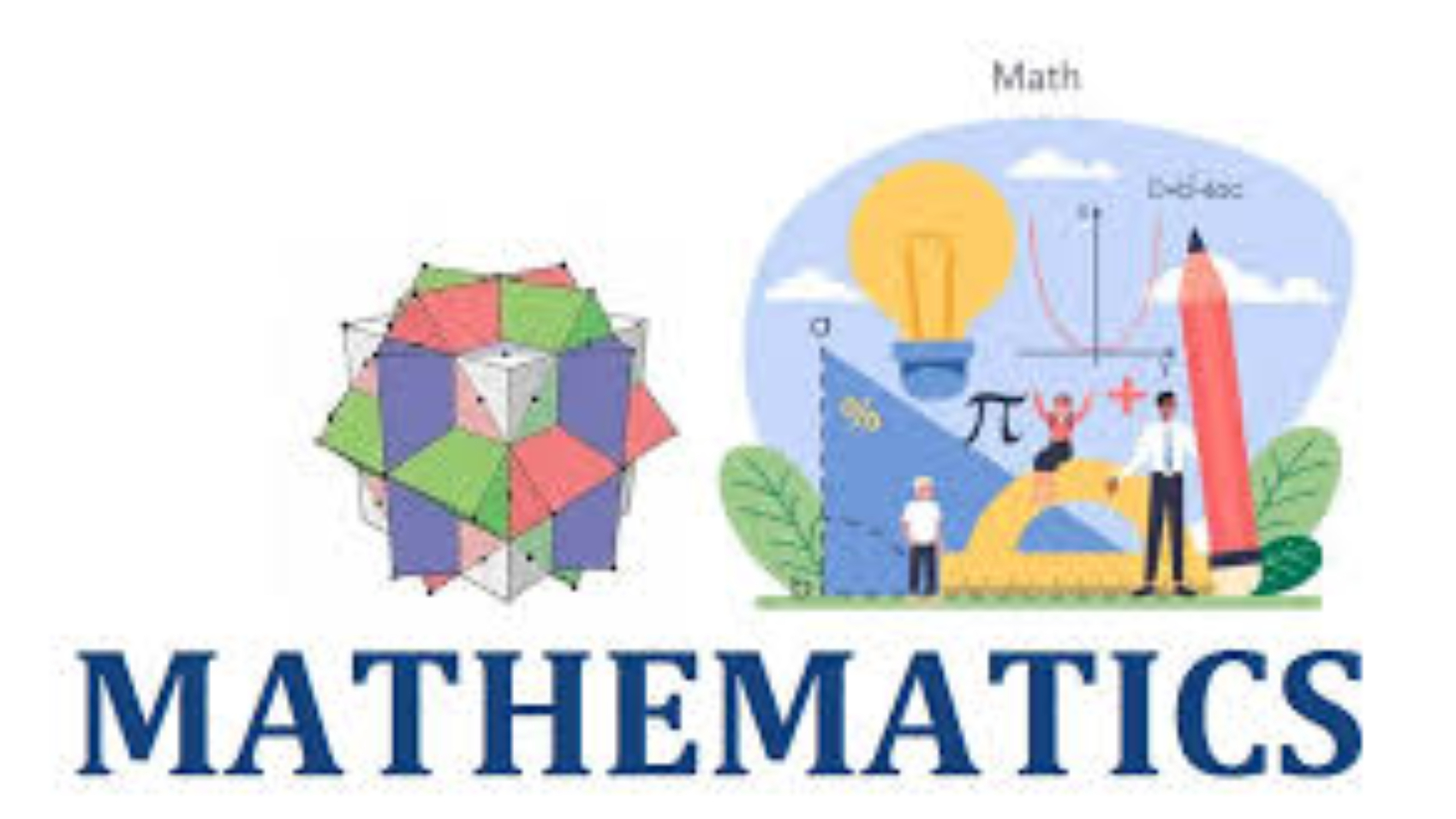Introduction
“I hate math.” You’ve probably heard this phrase, maybe even said it yourself. For many, mathematics is a subject best avoided, relegated to the corners of their school memories. Yet, despite its unpopularity among some, math is a fundamental skill that underpins our daily existence. You might not enjoy solving quadratic equations or calculating integrals, but you can’t escape math’s presence in your life. From managing money to making informed decisions, math is a silent partner that ensures your world keeps turning.
This blog aims to demystify why knowing math is vital, even if you don’t love it. It’s not about turning you into a math enthusiast but about highlighting its practicality and empowering you with tools to navigate a world driven by numbers and logic.
1. Math Is the Language of Everyday Life
Personal Finances
Think about budgeting your salary, calculating interest rates on loans, or understanding your retirement savings. Math is at the heart of these activities. Basic arithmetic helps you track expenses, while percentages and ratios aid in evaluating financial growth. Without math, it’s easy to overspend or miss out on investment opportunities.
Shopping and Discounts
When you see a “50% off” sign, do you know how much you’re saving? Understanding percentages ensures you make informed purchasing decisions. It helps you distinguish between real savings and marketing gimmicks.
Cooking and Measurements
Even the most passionate chef uses math when following recipes. Scaling up ingredients for a larger crowd or converting units from ounces to grams involves basic math skills.
2. Math Sharpens Problem-Solving and Critical Thinking
Math trains your brain to think logically and approach problems systematically. These skills transcend the classroom and benefit you in decision-making, troubleshooting, and planning.
Logical Reasoning
Math teaches you to break complex problems into smaller, manageable parts. For instance, when planning a trip, you calculate costs, estimate travel times, and create a schedule—all of which involve math-based reasoning.
Analytical Thinking
Analyzing data, interpreting patterns, or assessing risks in business or personal contexts relies heavily on mathematical concepts. Even professions outside STEM, such as marketing or psychology, benefit from these skills.
3. Math Powers the Modern World
In today’s digital age, math is the foundation of technology and innovation. From algorithms that power your favorite apps to the encryption securing your online transactions, math is everywhere.
Technology and Coding
Coding, the backbone of modern technology, is steeped in math. Logical sequences, algorithms, and problem-solving are essential in creating everything from websites to artificial intelligence.
Engineering and Architecture
Every building, bridge, or device you use involves meticulous mathematical calculations. Even if you’re not an engineer, appreciating math’s role in shaping the modern world enhances your understanding of it.
4. Math Enhances Career Opportunities
Regardless of your field, having a grasp of math can set you apart. Employers value analytical and numerical skills, even in roles that don’t seem math-intensive at first glance.
Business and Marketing
In business, math is crucial for analyzing market trends, creating budgets, and assessing profitability. Marketers use statistics to gauge audience behavior and optimize campaigns.
Healthcare
Doctors, nurses, and other healthcare professionals use math to calculate dosages, interpret lab results, and analyze health trends. Even medical equipment operates based on mathematical algorithms.
5. Math and Personal Growth
Learning math builds confidence and persistence. Overcoming challenges like solving a difficult equation fosters resilience, a skill transferable to every aspect of life.
Growth Mindset
Mastering math concepts, even basic ones, proves that with effort and practice, you can overcome hurdles. This mindset helps you tackle challenges beyond the realm of numbers.
Lifelong Learning
Math encourages curiosity and lifelong learning. Whether it’s exploring advanced topics or simply mastering practical skills, math keeps your brain active and engaged.
6. Overcoming Math Anxiety
Disliking math often stems from fear or negative experiences rather than inherent inability. Addressing this anxiety can transform how you perceive and use math.
Practical Tips
- Start Small: Focus on practical math applications, like budgeting or cooking.
- Seek Help: Online resources, apps, or tutoring can make learning math less intimidating.
- Change Perspective: View math as a tool rather than a test. Its purpose is to make life easier, not harder.
7. Math Is for Everyone
You don’t have to be a mathematician to appreciate the value of math. Even artists use geometry for design, musicians rely on fractions for rhythm, and writers organize ideas using logical structures.
Breaking Stereotypes
The myth that math is only for “geniuses” is outdated. Everyone has the capacity to learn and use math effectively. Embracing this truth can empower you to see math in a new light.
Conclusion
Whether or not you love math, understanding its basics is essential for navigating life in an increasingly complex world. It equips you with skills for decision-making, problem-solving, and personal growth. By changing your perspective and embracing math’s practical applications, you can unlock its potential to improve your life.
The next time you encounter math, don’t shy away. Remember, it’s not about loving math—it’s about knowing it, using it, and letting it empower you.

 Cart is empty
Cart is empty 